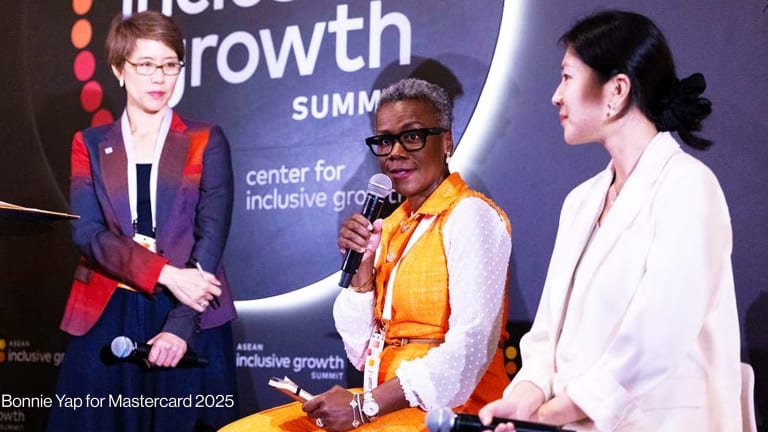Safe and affordable financial services are essential for enabling people to meet basic needs. But while access to financial services has been on the rise over the past decade, 1.4 billion people globally are still unbanked, meaning they don’t have an account at a formal financial institution.
Even when financial services are available, there may be barriers that prevent people from being able to make use of them. Innovation and inclusive design must go hand in hand with policymaking to ensure people and small businesses can benefit from such services. A national financial inclusion strategy is an effective tool that policymakers can use to coordinate collective action across public, private, and social sectors.
Watch the video to find out more about why financial inclusion matters for inclusive growth, what kinds of initiatives are making an impact, and what needs to be done to make financial health a reality for all.
To find out more about how financial inclusion is helping to build stronger and more inclusive economies around the world, go to aspeninstitute.org/apie.








